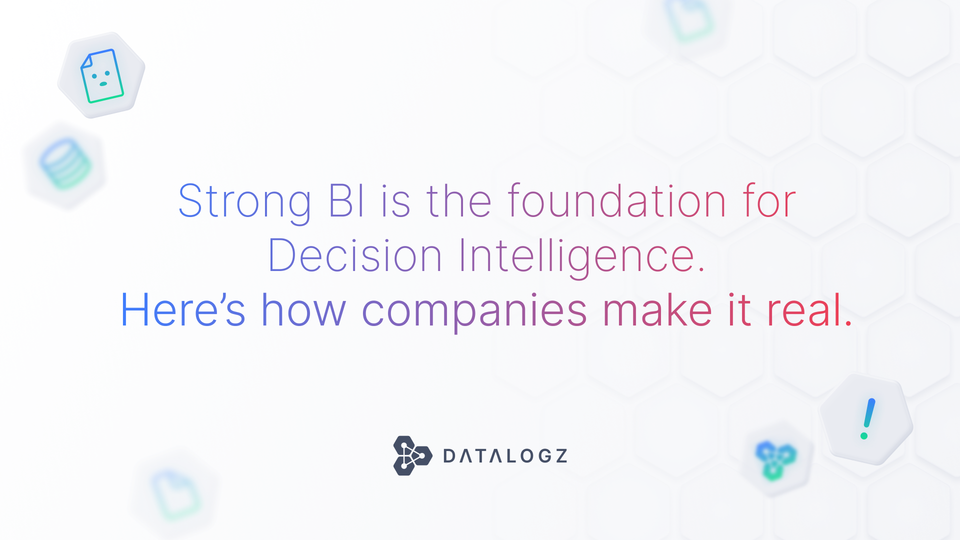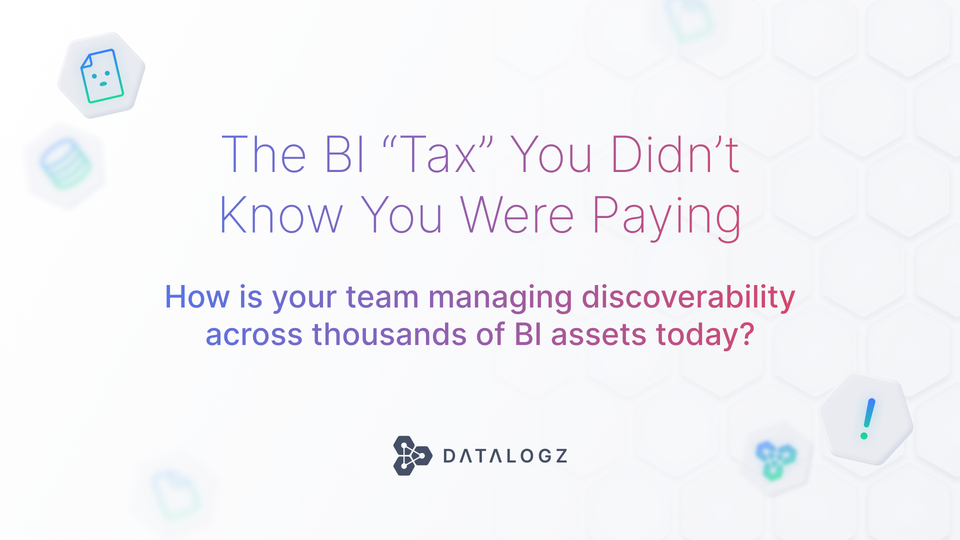Data Dive #9: Poor data quality can cost you millions! 💸
High-quality data gives organizations the insights they need to make informed decisions, identify opportunities, and mitigate risks.

Data is becoming increasingly critical to business success as the digital age evolves. Data-mature organizations understand the importance of using data to make informed decisions, develop strategies, and gain insights into customer behavior. However, the effectiveness of data-driven decision-making is only as good as the quality of the data itself.
Poor data quality can lead to misguided decisions, lost revenue, and a damaged reputation. Therefore, organizations need to prioritize data quality to ensure that they are making accurate and reliable decisions.
Data quality is defined as the degree to which data meets the requirements of its intended use.
For instance, a financial institution that relies on data to assess credit risk may make incorrect decisions if the data is incomplete or inconsistent. This could lead to a higher risk of loan defaults, resulting in significant financial losses for the institution.
In a study by Experian Data Quality, 88% of companies reported that they had experienced financial losses due to inaccurate data. The study found that bad data quality can cost businesses 12% of their annual revenue.
In addition to the financial risks associated with poor data quality, legal and regulatory risks should be considered. Regulations, such as GDPR and CCPA, require organizations to protect the privacy of personal data and ensure that it is accurate and up-to-date. Failure to comply with these regulations can result in significant fines and legal action.
To avoid these risks, organizations need to prioritize data quality. It means investing in the tools, processes, and people necessary to ensure data is complete, accurate, timely, and consistent.
Implementing a platform, such as Datalogz, that helps an organization maintain the necessary data quality can significantly improve decision-making.
Datalogz addresses quality concerns in BI that can lead to reporting issues. For instance, what happens if a report fails to refresh or a highly consumed report is built on stale data? It can cause significant errors because the correct data is not in the hands of users. In addition, Datalogz can scan the reporting layer for dataset issues which often lead to poor data, such as outliers, nulls, and referential integrity.
High-quality data gives organizations the insights they need to make informed decisions, identify opportunities, and mitigate risks. Poor data quality can lead to misguided decisions, lost revenue, damaged reputation, and legal and regulatory penalties.



